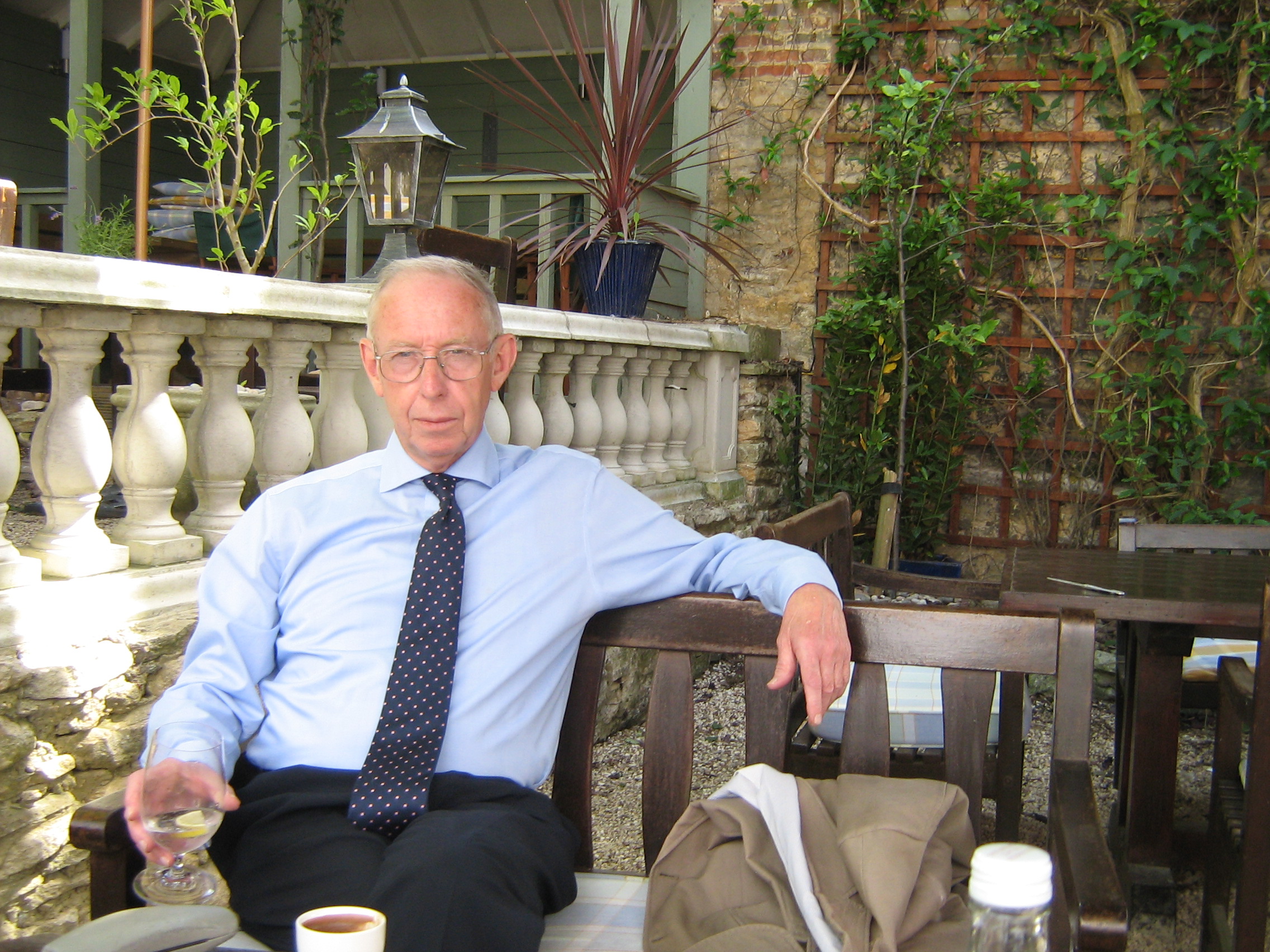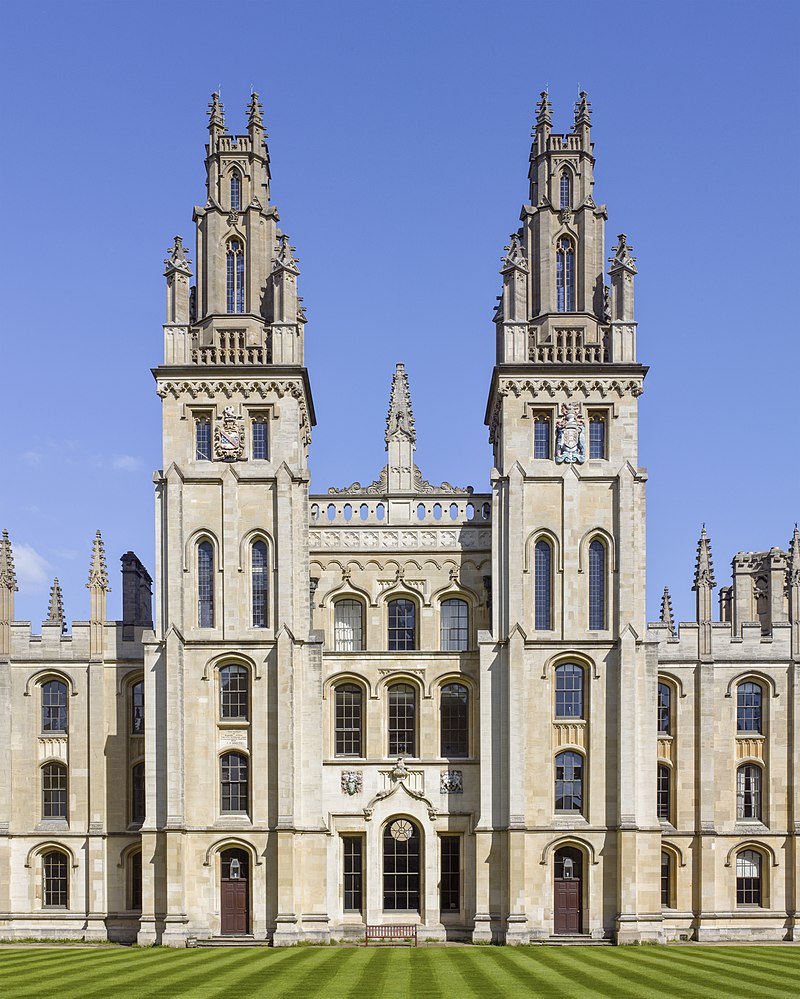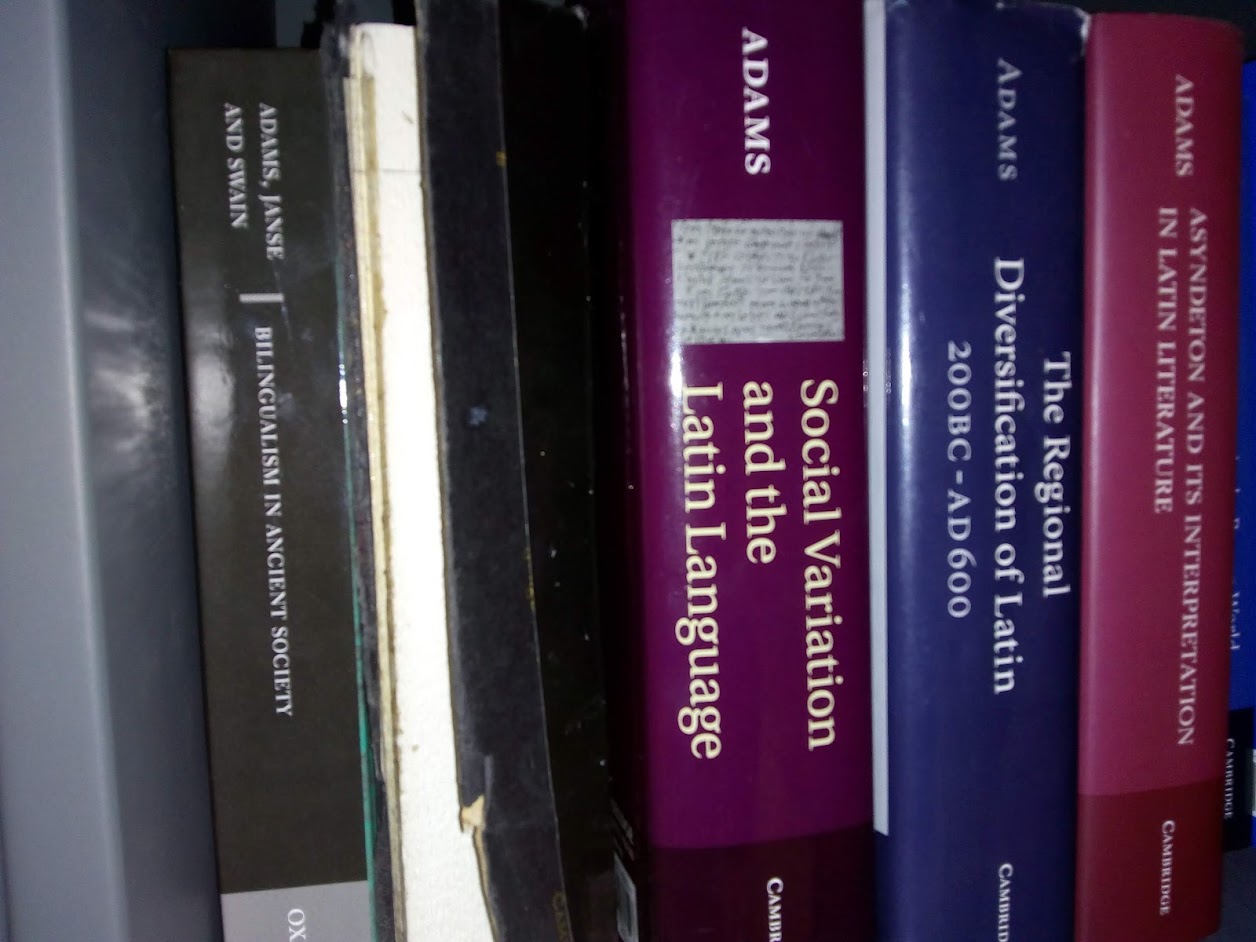By Alex Mullen
I finished editing our Social Factors in Latinization volume recently and I keep coming back to the beginning:
This book is dedicated, with the greatest respect and affection, to J. N. Adams (1943–2021), a giant in the field of Latin studies, and beyond. Jim’s influence can be witnessed in every chapter of this book and in our broader research. We shall miss deeply his friendship and mentorship and cherish his scholarship.
It makes me feel simultaneously a tremendous sense of loss and sadness, but also thankfulness for having known Jim. The book wouldn’t have existed without him and he was at the workshop to prepare it. In academia often one has several guiding lights and inspirations. It is less common to be able to call them also both your mentor and friend. Jim was all of these to so many of us.

My first ‘encounter’ with Jim was in 2004 in a garden in Gower, Wales. It was the summer holidays and I’d taken his Bilingualism and the Latin Language as my ‘light’ reading. (Ha – the physical book weighs 1.25 kg!) The breath-taking journey through the Roman world, stopping at Regina’s Latin–Greek–Palmyrene epitaph from Britain, the Gaulish–Latin potters’ records of south-western Gaul, code-switching in Cicero’s letters and the Roman army in Egypt, had me hooked and thinking hard. Since then all of these have provided stimulus for my own research and teaching.

I first met Jim in person for a brief meeting at All Souls a couple of years later. I’d sat on the X5 (the less-than-pleasant bus option westwards to Oxford) for hours and was seriously nervous. I was met with a barrage of evidence and ideas for things I could do with it – it felt a bit like being in one of his books. Subsequently I moved to Oxford and we continued our conversations, we shared a book launch and he handed over the reins of his fantastically rich course on Imperial Latin for Greats (which came with literally hundreds of pages of notes which he turned into his Social Variation and the Latin language and his Anthology of Informal Latin). I was able to take advantage of some of his numerous invitations to conferences across Europe as he wouldn’t travel (he was Australian, he’d made one massive trip and had not enjoyed it). If he could have travelled he would have done: his support for other Classicists was at times overwhelmingly generous. For my PhD viva, he had prepared two reports: one for the authorities to approve the thesis, the other 20-odd pages of advice on how to turn it into a book.

His influence was, and will continue to be, phenomenal. As the dedication indicates he is cited in every chapter of our Social Factors volume. It is hard to find much now on the Latin language which doesn’t cite from his oeuvre and he is one of a select few Classicists widely cited beyond our field. His breadth and depth of knowledge of Latin were spectacular and his ability to open new fields striking. Sociolinguistics of the ancient world arguably only started as a field thanks to his impetus. And for me his work unlocked all kinds of doors for interdisciplinary research.
For the last two decades the ground-breaking ‘big-books’ have been coming thick and fast, and he was not letting up on the productivity: he had sent me a huge draft article on the standardization of Latin only in the summer. His loss was a painful shock. I’m reminded of it every day, but also of his wonderful legacy, as I reach for my well-thumbed several kgs of inspiration.